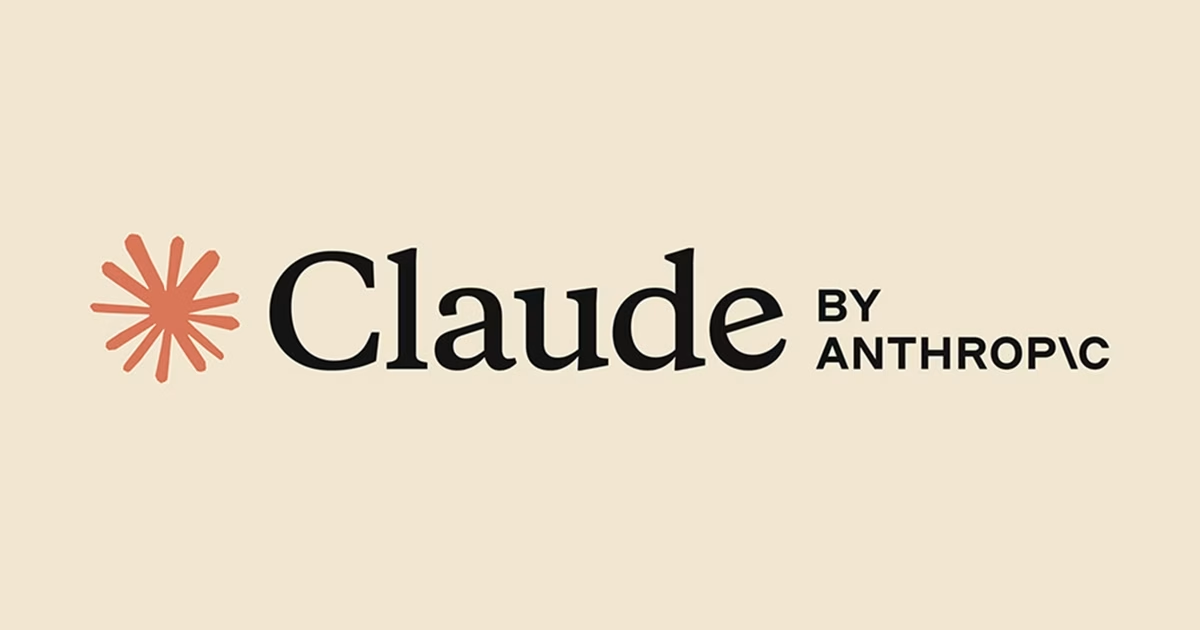Anthropic Revokes OpenAI's Claude Access: A Deep Dive into the AI Rivalry
The AI world just got a little more intense. In a move that sent ripples through the industry, Anthropic, the creators of the formidable Claude AI model, officially revoked OpenAI's access to their Claude API on August 1, 2025. This wasn't some quiet, behind-the-scenes adjustment; it was a decisive cut-off, reportedly due to alleged violations of Anthropic's terms of service. And boy, does it highlight the escalating competitive tensions in artificial intelligence.
Sources like WIRED, Neowin, and The Information were quick to report on the incident, painting a picture of a direct confrontation between two of the leading AI powerhouses. The core of the issue? OpenAI was allegedly leveraging Anthropic's coding tools in preparation for the much-anticipated launch of GPT-5. Talk about a strategic misstep, or perhaps, a calculated risk that didn't pay off.
The Incident Unpacked: A Breach of Trust?
So, what exactly happened? It seems OpenAI was caught with its hand in the cookie jar, so to speak. Anthropic's terms of service are pretty clear about how their API can be used, and apparently, using their proprietary coding tools to develop a direct competitor's next-generation model falls squarely outside those boundaries. It's a classic case of competitive intelligence, but one that crossed a line for Anthropic.
Imagine you're a chef, and a rival chef comes into your kitchen, uses your unique spices and techniques, and then goes off to open a restaurant right next door, serving a very similar dish. You'd be pretty miffed, wouldn't you? That's essentially the dynamic at play here. Anthropic's decision to pull the plug was swift and, from their perspective, entirely justified. They're protecting their intellectual property, their hard-won advancements. And frankly, who can blame them? This isn't just about code; it's about the very essence of their competitive edge.
Why This Matters: The AI Arms Race Intensifies
This isn't just a squabble between two tech companies; it's a significant marker in the ongoing AI arms race. OpenAI and Anthropic are not just co-existing; they are fierce rivals, constantly pushing the boundaries of what's possible with large language models. OpenAI has GPT, Anthropic has Claude. Both are vying for supremacy in a rapidly expanding market.
The loss of access to Claude's API could have tangible implications for OpenAI. Developing a model like GPT-5 is an incredibly complex undertaking, requiring vast amounts of data, computational resources, and, yes, often leveraging existing tools and frameworks. If OpenAI was indeed relying on Anthropic's coding tools, even for a specific aspect of GPT-5's development, they now face a sudden void. This could mean delays, a scramble for alternative solutions, or a need to build those capabilities from scratch. It's a setback, no doubt.
Broader Implications for the AI Ecosystem
This incident also shines a spotlight on a growing trend within the AI industry: the increased scrutiny on API usage. Companies are becoming far more protective of their core technologies and the ways in which external entities interact with their platforms. For developers and businesses relying on third-party AI APIs, this serves as a stark reminder to meticulously review terms of service and understand the boundaries.
Will this lead to less collaboration in the future? It's a valid question. On one hand, open collaboration has been a cornerstone of AI's rapid advancement. On the other, when the stakes are this high, and intellectual property is so valuable, companies are naturally going to guard their innovations more closely. We might see a shift towards more "walled gardens" or highly restrictive licensing agreements, which could, in turn, slow down certain types of cross-pollination that have benefited the industry thus far. It's a tricky balance, isn't it?
This also forces a re-evaluation of the "build vs. buy" dilemma for AI companies. Relying on external APIs can accelerate development, but it also introduces dependencies and risks, as OpenAI is now acutely aware. For some, this might push them towards investing more heavily in in-house development of foundational tools, even if it means a slower initial pace.
Looking Ahead: What's Next for OpenAI and the Industry?
So, what's next for OpenAI? They're a resilient company, and I'm sure their engineers are already burning the midnight oil to mitigate this challenge. They'll either need to rapidly develop their own equivalent coding tools, or perhaps pivot their GPT-5 development strategy to bypass the need for such external dependencies. It's a hurdle, but likely not an insurmountable one for a company of their caliber.
For the broader AI industry, this event serves as a powerful case study. It underscores the intense competition, the value of proprietary technology, and the critical importance of clear, enforceable terms of service in the API economy. We're likely to see more companies tightening their belts, so to speak, when it comes to how their AI models and tools are accessed and utilized by others, especially direct competitors. The AI landscape is evolving at breakneck speed, and incidents like this are just part of the journey. It's a reminder that even in the realm of cutting-edge technology, old-fashioned business rivalries still play a huge role.
